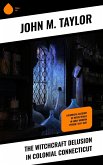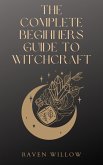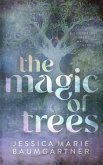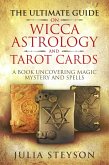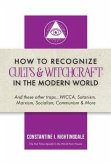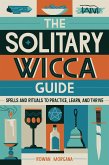In "The Discovery of Witchcraft," Reginald Scot offers a provocative examination of witch trials and the superstitions surrounding them in 16th-century England. Scot's work is distinguished by its rational arguments, employing a blend of skepticism and wit, as he deconstructs the prevailing fears about witchcraft. He challenges the legitimacy of witch hunts and exposes the ignorance of both the populace and authorities who perpetuated these myths. Written in a time of heightened superstition, this treatise is a critical response to the moral panic surrounding enchantments and evildoers, showcasing Scot's literary prowess and his commitment to reason and empiricism. Reginald Scot, a scholar with an interest in natural philosophy and the occult, was deeply influenced by the intellectual currents of the Renaissance, which emphasized humanism and critical inquiry. His background in printing and familiarity with classical texts allowed him to position his arguments against witchcraft effectively. Scot's experiences and observations led him to adopt a stance of enlightenment, setting him apart from his contemporaries who largely accepted the existence of witches as fact. For anyone intrigued by the intersections of science, superstition, and societal belief, "The Discovery of Witchcraft" is essential reading. It not only offers an insightful critique of the witch craze but also emphasizes the importance of skepticism and inquiry in understanding human behavior. Scot's eloquent prose and thoughtful analysis encourage readers to reflect critically on their own beliefs and the enticing lure of superstition.
Dieser Download kann aus rechtlichen Gründen nur mit Rechnungsadresse in A, B, BG, CY, CZ, D, DK, EW, E, FIN, F, GR, HR, H, IRL, I, LT, L, LR, M, NL, PL, P, R, S, SLO, SK ausgeliefert werden.



